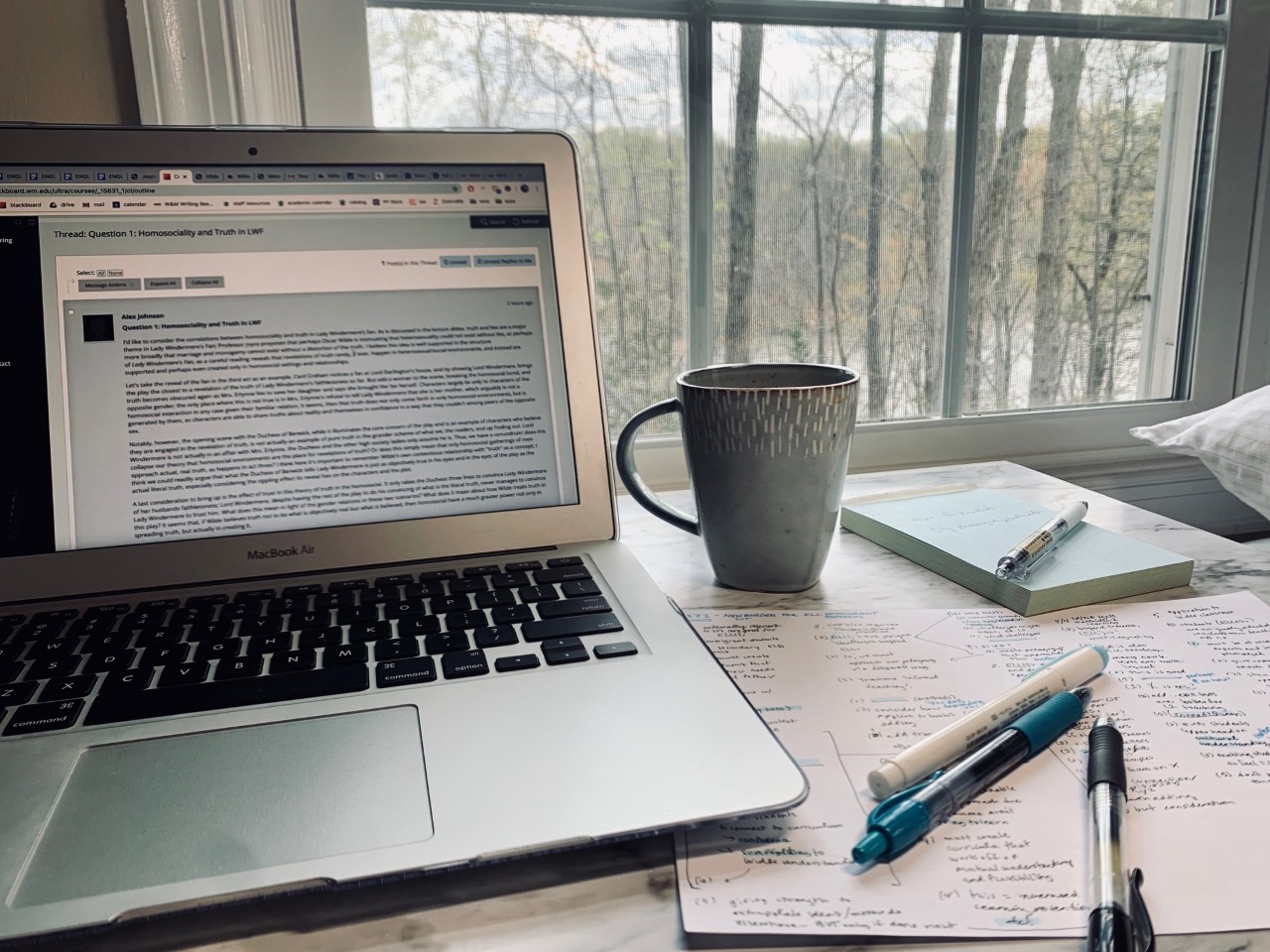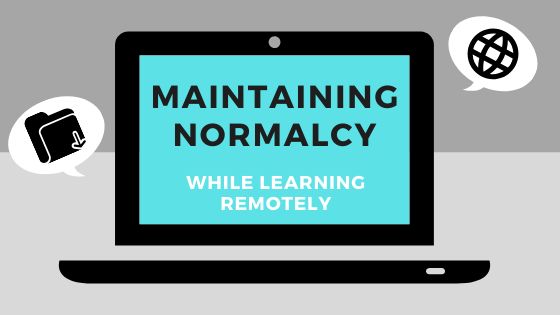The William & Mary Writing Resources Center condemns racial-based violence and prejudice and stands in solidarity with the Black community, the Black Lives Matter movement, and protesters fighting against racial injustice all over the world. We mourn the loss of Ahmaud Arbery, Breonna Taylor, George Floyd, Tony McDade, and countless others who have lost their lives due to senseless acts of violence and police brutality.
As writing center consultants, we work with Black students and value their voices and perspectives. As individuals, we want to share with you some of what we have read by Black authors and how these writings have been influential in our understanding of race and power dynamics and/or how they give voice to Black experiences. Listed below are several literary recommendations by Black authors from some of our consultants. May these literary recommendations serve as a conversation starter and form of education in your own life.
Black Literature Recommendations:
Sabrien recommends:
 The Master’s Tools Will Never Dismantle the Master’s House by Audre Lorde
The Master’s Tools Will Never Dismantle the Master’s House by Audre Lorde
Audre Lorde’s book is a collection of critical essays which bring women of color into discussions of feminism and the LGBTQ+ community and highlights how their stories are often ignored or not given voice. Lorde points out that visibility and rooting out self-hatred caused by racism, homophobia, and sexism is a key contribution to moving forward. Lorde brings intersectional identity to the center of the discussion, and argues that true change comes from understanding and accepting our differences rather than ignoring them. Lorde puts the responsibility for change on individuals—it is not the job of women of color to educate others, because the energy it takes to do so is distracting from the task of real change. It is our job to educate ourselves about the experiences of others. What we choose to do with that knowledge is critical to moving forward in change.
Grace T. recommends:
 Beloved by Toni Morrison
Beloved by Toni Morrison
Beloved captures the life of a woman, Sethe, who escapes slavery with her children to Ohio. It follows Sethe and her daughter Denver as they grapple with the traumas of the past. When a mysterious girl, Beloved, appears at their house, Sethe and Denver must both confront their strongest fears to move forward into the future. The novel combines history with fantasy to give readers insights into the emotional and physical tolls slavery had on people. Beloved was incredibly powerful and opened my eyes to not only the trauma caused by slavery, but also to the horrors that enslaved women faced both before and after escaping.
Isabel recommends:
 The Odyssey by Derek Walcott
The Odyssey by Derek Walcott
This play is a retelling of the classic Homeric epic by Saint-Lucian poet and Nobel Laureate Derek Walcott. Walcott has created a compelling and beautiful reimagination of this Western classic using Caribbean culture and themes to tell a story similar to the titular poem but imbued with a different significance. This play discusses colonialism and survival. Walcott’s genius makes this play a joy to read and also encourages readers to confront how they perceive race in storytelling, Caribbean culture, and literary theories of intertextuality (discussed in Irene Martyniuk’s piece on the play “Playing with Europe: Derek Walcott’s Retelling of Homer’s “Odyssey”). This play taught me more about Caribbean culture and reminded me how much Western culture influences the fiction I, and most others educated in Western institutions, consume.
Mary recommends:
 Just Mercy: A Story of Justice and Redemption by Bryan Stevenson
Just Mercy: A Story of Justice and Redemption by Bryan Stevenson
In 2017, my English teacher assigned Just Mercy by Bryan Stevenson. The book outlines the stories of many wrongfully accused prisoners on death row but mainly focuses on the story of Walter McMillian, an innocent man accused of murder. Through McMillian’s story, Just Mercy reveals the human impact of the inequities of the criminal justice system. The horrifying injustices committed against Black Americans no longer remain abstractions to readers who are beneficiaries of systemic racism.
Before reading this book, I sheepishly believed I was pretty knowledgeable. I thought knowing these problems existed and being against them was enough. Black Americans, though, do not get to leave this conversation in the classroom. Ultimately, I had an incomplete understanding of my own relationship to these systems. Just Mercy challenged me to face my white privilege. I found myself angry that I wasn’t already outraged. I had unknowingly participated in systems which promote everything I vehemently condemn. I was angry that individuals have to fight so long and so hard against systems meant to defeat them. I also felt guilty: I had the privilege to forget, when it is my responsibility to remember and fight against it.
This fight is not about me and other White Americans but about what can be done to stand in solidarity with the Black community. I learned the true power of knowledge and compassion. I will never understand what it feels like to be a Black American, but I can listen and learn. I can ask questions, educate myself, actively challenge my own biases, and have difficult conversations. Ultimately, at the root of injustice is a sickening absence of empathy. One quote from Just Mercy has always stuck with me, as a reminder: “embracing our brokenness creates a need and desire for mercy, and…when you experience mercy, you learn things that are hard to learn otherwise. You see things you can’t otherwise see; you hear things you can’t otherwise hear. You begin to recognize the humanity that resides in each of us.”
Aria recommends:
 Black Feminist Thought: Knowledge, Consciousness, and the Politics of Empowerment by Patricia Hill Collins
Black Feminist Thought: Knowledge, Consciousness, and the Politics of Empowerment by Patricia Hill Collins
One of the most eye-opening books I have read as a Black woman in America is Black Feminist Thought: Knowledge, Consciousness and the Politics of Empowerment by Patricia Hill Collins. Black Feminist Thought serves as an intersectional, synthetic approach to giving voice to Black women, which in turn aims to empower them as agents of knowledge. Black women in America face a unique form of oppression due to the racism, sexism, and classism they have faced for centuries. By placing Black women’s experiences at the center of analysis, Black women are empowered to take control of their own own epistemology which for centuries was placed in a eurocentric, masculinist worldview. I believe this is a book people should read to broaden their thinking and to gain a better understanding of the epistemology that surrounds Black feminist thought to help propel social change in America.
Sydney recommends:
 Dawn by Octavia E. Butler
Dawn by Octavia E. Butler
Hundreds of years after a nuclear war on Earth, Lilith Iyapo wakes up in isolation on an Oankali spacecraft. She is held there while her captors, the Oankali, learn everything they can about the human race. Lilith learns she will lead other humans as they prepare to return to Earth, but what she doesn’t know is that, against her will, she will also bear children for the Oankali. The Oankali survive by reproducing with other species, so these children will not be human… not entirely.
Dawn features a complex black female protagonist, which is a rarity in science fiction. I think I could stop the recommendation there by acknowledging the importance of diversifying all genres of literature and by recognizing this novel as an excellent work of science fiction, not as one aimed at teaching readers about race. This nove, however, undeniably demonstrates the oppression that black women face at the intersection of race and gender. Lilith is discriminated against both for being black and for being a woman, and she complicates stereotypes on both ends. I highly recommend this novel — both for those who already read science fiction, and for those who don’t.
Additional Recommended Readings:
Books
Sally Hemmings by Barbara Chase-Riboud
The Fire Next Time by James Baldwin
Juneteenth by Ralph Ellison
Conjure Tales and Stories of the Color Line by Charles Chesnutt
Things Fall Apart by Chinua Achebe
We Were Eight Years in Power: An American Tragedy by Ta-Nehisi Coates
Plays
A Raisin in the Sun by Lorraine Hansberry
Fences by August Wilson
Venus by Suzan-Lori Parks
Topdog/Underdog by Suzan Lori-Parks
Dutchman & the Slave by Amiri Baraka
For Colored Girls Who Have Considered Suicide/When the Rainbow Is Enuf by Ntozake Shange
Poetry
Celebrating Black History Month, a collection from The Poetry Foundation
Essays
“In Search of Our Mothers’ Gardens” by Alice Walker
“The Idea of America” by Nikole Hannah-Jones from The New York Times’ The 1619 Project
“Letter from a Birmingham Jail” by Martin Luther King, Jr.
“Just Walk on By” by Brent Staples
“I Was Pregnant and in Crisis. All the Doctors and Nurses Saw Was an Incompetent Black Woman” by Tressie McMillan Cottom



